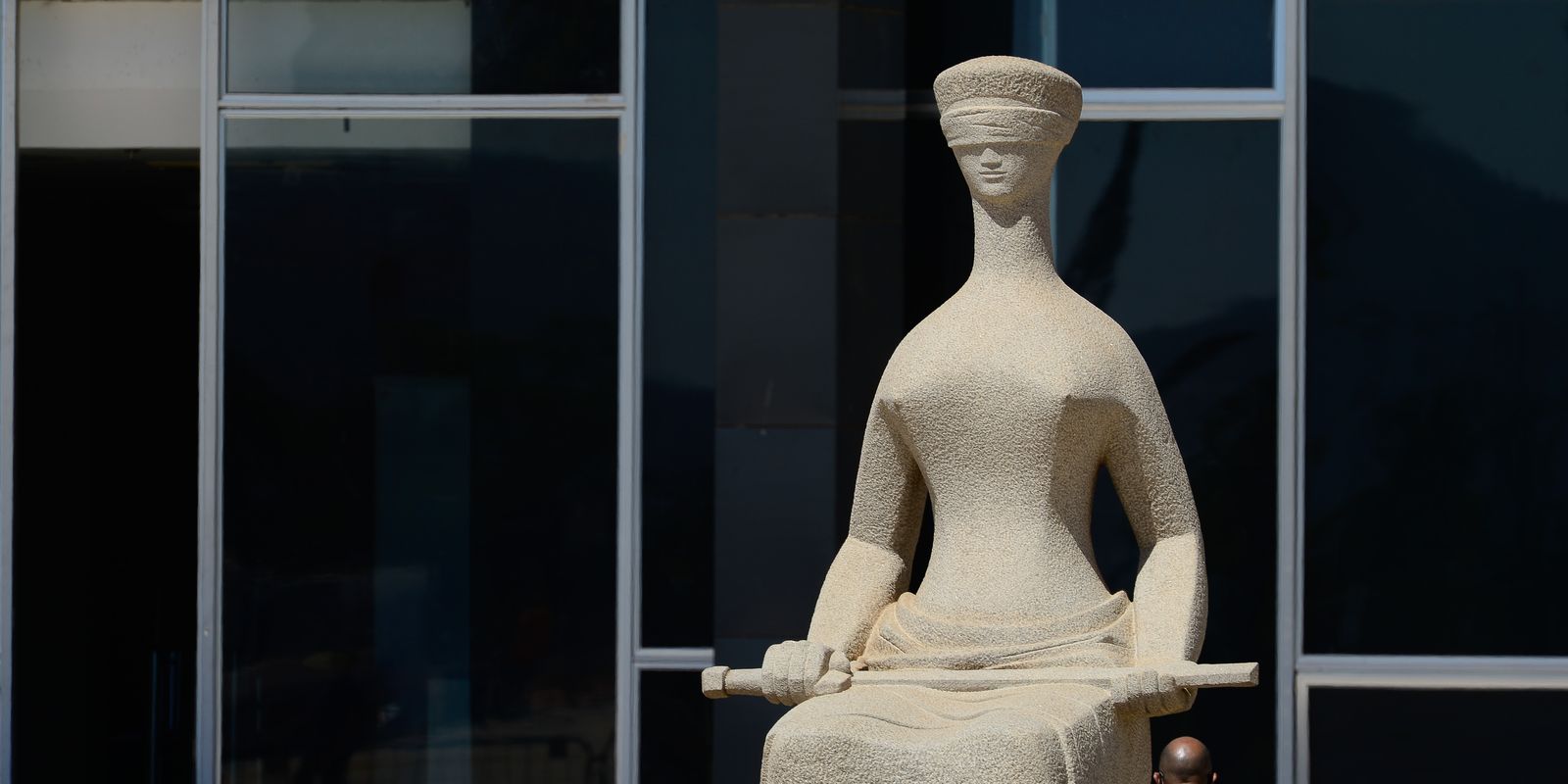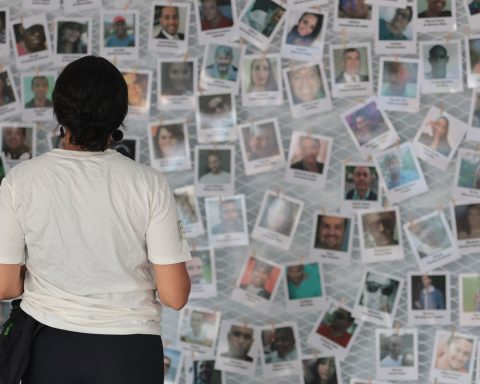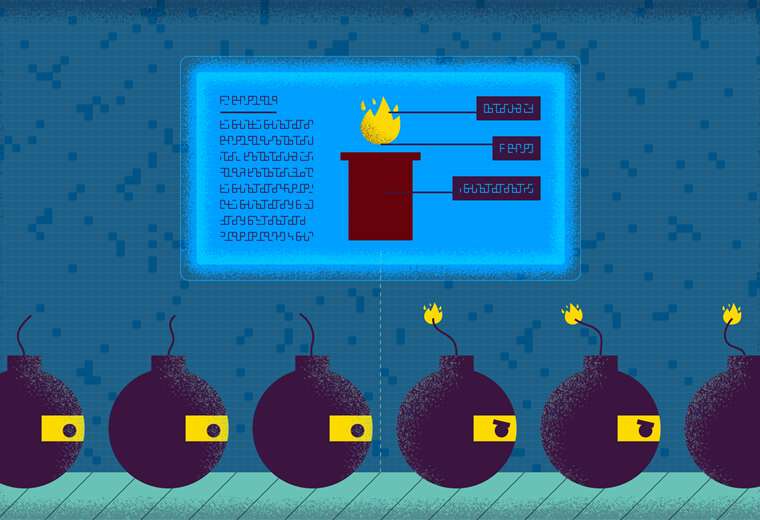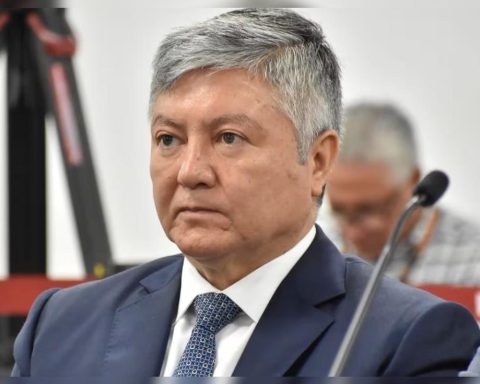The Federal Supreme Court (STF) began analyzing this Thursday (10) four direct actions of unconstitutionality that attempt to overturn the resolution of the National Council of Justice (CNJ) that ordered the closure of judicial asylums.
The actions were filed by the Brazilian Psychiatric Association (ABP), the National Association of Members of the Public Ministry (Conamp), in addition to Podemos and União Brasil.
At the session, the ministers heard oral arguments from the parties involved. Then the trial was suspended. There is still no scheduled date for voting to begin.
The closure of judicial asylums is provided for in the Anti-Asylum Policy of the Judiciary Branch, approved in February last year by the CNJ counselors, through Resolution 487/2023).
With the measure, judicial asylums and similar institutions for custody and psychiatric treatment must be closed. Inmates must be transferred to Psychosocial Care Centers (CAPs).
The date for implementing the measure was August 28th, but according to the CNJ, the deadline can be extended until November 29th of this year at the request of the country’s courts.
According to the entities that challenge the CNJ’s Anti-Asylum Policy, the council does not have the legal authority to determine the closure. Furthermore, the measure puts patients at risk due to the lack of specialized professionals and sufficient CAPs in the country.
The CNJ argues that the measure applies to the Judiciary and follows the rules established by Law 10,216/2001, which regulated the protection and rights of people with mental disorders, and the International Convention on the Rights of Persons with Disabilities.
The CNJ resolution was approved due to Brazil’s conviction at the Inter-American Court of Human Rights (IDH Court) in the case of the death of Damião Ximenes Lopes. Mentally disabled, Damião, 30 years old, was killed by ill-treatment after being exposed for three days to inhumane and degrading conditions while hospitalized at Casa de Repouso Guararapes, in Sobral (CE), where he was admitted in a psychiatric crisis.

















